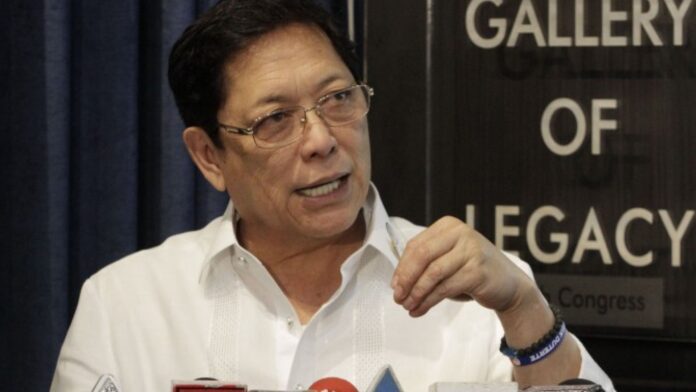The Philippine delegation in the International Labor Conference (ILC) in Geneva is joining the global call for the integration of safe and healthy working conditions in the International Labor Organization’s (ILO) Framework of Fundamental Principles and Rights at Work.
Labor Secretary Silvestre Bello III heads the Philippine contingent to the 110th session of the ILC. The contingent is participating in a 15-day discussion on work issues, particularly occupational safety and health.
In a press release on Sunday, Bello said, “Our Philippine team in this international parliament of labor is one with the ILC in pushing for the inclusion of safe and healthy working conditions in the […ILO’s] framework of fundamental principles and rights at work. More than ever, our obligation and commitment to the life, health, and dignity of workers cannot be overemphasized.”
The conference seeks to also discuss the significance of social and solidarity economy, which aims to prioritize people’s welfare over profit; and the international standardization of apprenticeships, which is defined by the ILO as “a unique form of technical vocational education and training, combining on-the-job training and off-the-job learning.”
A broadened ILO Declaration on Fundamental Principles and Rights at Work is expected at this year’s ILC.
The ILC commenced on May 27 and will culminate on June 11.
The Department of Labor and Employment is joined by labor group representatives from the Kilusang Mayo Uno, Trade Union Congress of the Philippines, Sentro ng mga Nagkakaisa at Progresibong Manggagawa, Federation of Free Workers, and Employers Confederation of the Philippines.
The Declaration on Fundamental Principles and Rights at Work was first adopted in 1998 and commits ILO’s Member States to respect and promote the labor principles embedded in the framework. These principles include freedom of association and the effective recognition of the right to collective bargaining, the elimination of forced or compulsory labor, the abolition of child labor, and the elimination of discrimination in respect of employment and occupation.


